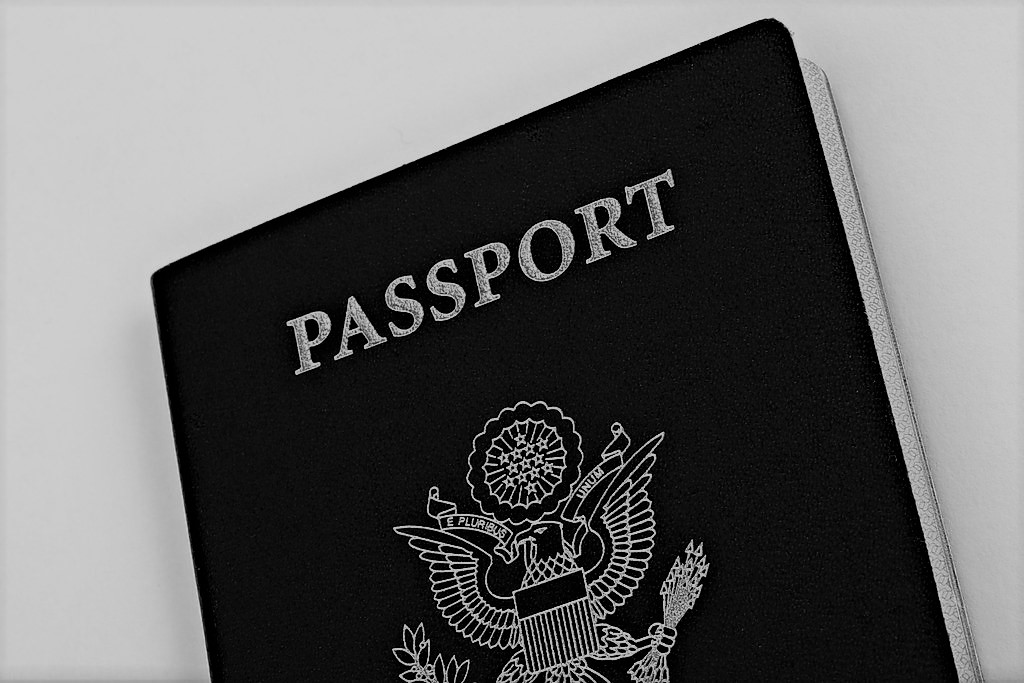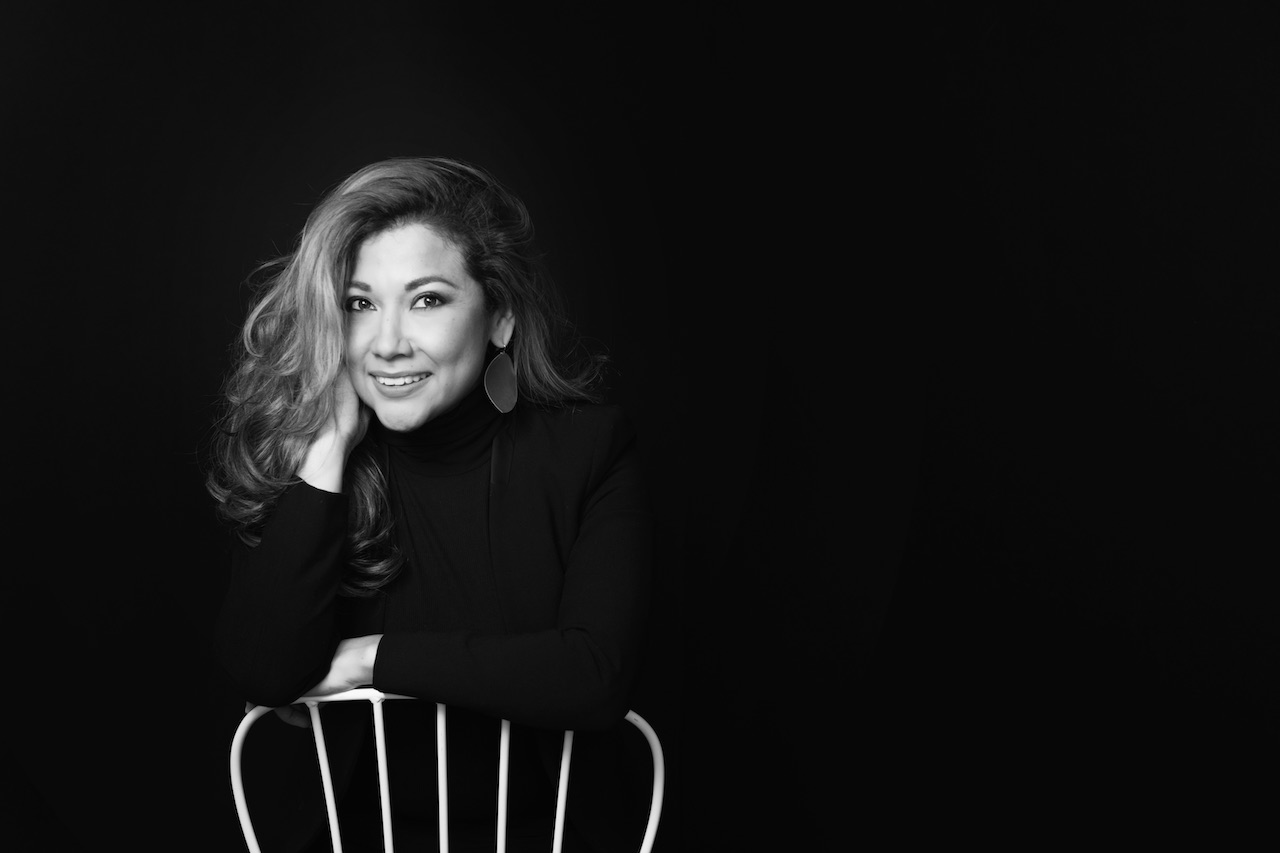The UN estimates that there are at least 12 million stateless people in the world today. In the past 6 months, I’ve met at least three of them. Prior to this, I admit, I was largely unaware of the peculiarly crippling nature of their existence. Without basic identity documents, many doors simply remained closed to you. Think about how many times you have been required to ‘bring identification’ for anything from joining the library to booking a flight or opening a bank account. For the stateless, all of these are difficult, if not impossible.
Statelessness affects those living in both wealthy and poverty-stricken nations. I spoke with two Syrian refugees now living here in the Netherlands whose families were originally from Palestine. However, two or three generations later, they are no closer to Syrian nationality. In the case of ballet dancer, Ahmad Joudeh, who now lives in Amsterdam, his mother is Syrian but this does not entitle him to Syrian nationality. A number of countries in the Middle East and North Africa, discriminate against a woman’s right to confer nationality on her child. So Ahmad and his siblings grew up in a Palestinian refugee camp in Damascus.
‘If I get a nationality in my life, it will be Dutch.’ – Ahmad Joudeh
Now living in the Netherlands, he has begun the process of acquiring Dutch citizenship. This will take at least 5 years, during which time he is unable to travel to countries like the US and the UK. This in spite of the fact that he has received numerous requests to perform in these countries. His attitude is philosophical; ‘If I get a nationality in my life, it will be Dutch.’ But admits that ‘I hope these doors will still be open to me when I am finally able to travel’.
Patrick Ocen from Uganda is a former child soldier. Now twenty-four years old, he visited the Hague last week, where he spoke about his situation and that of many like him. Describing himself as ‘a child of war’ he explains how he was born to a teenage mother, a victim of rape, during the brutal twenty year rebel insurgency by the Lord’s Resistance Army (LRA) in Uganda. Starting in the north of the country, the LRA became notorious for child abductions. A UNICEF report estimates that almost 20 000 children were forcefully recruited during the 19 year conflict.
For someone like Patrick, whose mother died before he was five and whose father will forever remain unknown to him, a birth certificate was never issued. When he was finally released by the rebels, he found it extremely difficult to gain access to education or aid of any kind because of a lack of documentation. He tells us that some like him, are not even able to establish in which country they were born, as the rebel forces also had camps in Sudan. This further complicates their situation and is used as a basis for denial of citizenship.
The #IBELONG Campaign aims to end statelessness by 2024.
The issue of statelessness is not new. In 1954 and 1961, Statelessness Conventions were held in an effort to encourage nations to address the problem. In 2011, to mark the 50th anniversary of the Reduction of Statelessness Convention (1961), there was another push for more countries to sign up to this convention. Most recently, the #IBELONG Campaign was begun in 2014 with the goal of ending statelessness by 2024. A noble aim that is proving difficult to achieve.
The majority of statelessness people were born in the countries in which they have lived their entire lives. This means that apart from war and resulting changes in territorial borders there are entrenched legal practices that perpetuate this problem. The issue of nationality is one. Some countries confer nationality according to place of birth, others according to lineage. For countries like the Netherlands for example, a child gains nationality from his/her mother or father. This means that even if you are born and grow up in the Netherlands, you are not necessarily entitled to Dutch nationality. The law in 25 countries around the world does not allow women to confer nationality on their child. Again, this causes problems if the father is stateless, unknown, missing or deceased.
Statelessness continues to be used as a political tool.
Statelessness also continues to be used as a political tool to discriminate on the grounds of ethnicity, religion and even sexuality. In India’s eastern Assam province, almost two million people were left off the National Register of Citizens in August of this year. Many of them are originally Muslim refugees from neighbouring Bangladesh but have lived in India for decades. In order to ‘make the cut’ applicants were required to prove their residence status in India before 24th March, 1971. This is the day before Bangladesh declared independence from Pakistan.
Critics see this as one aspect of a wider bid to discriminate against Indian Muslims by Prime Minister Narendra Modi’s Hindu Nationalist party. However complaints that ethnic Bengali Hindus have also failed to make the list, highlight the fact that the issue of documentation is often key. As Head of Amnesty International India, Aakar Patel, said, ‘It is unreasonable to expect people fleeing violence and natural disasters to preserve half a century-old original identity documents.’
A stateless child is born somewhere in the world at least every 10 minutes – UNHCR.
Nation states clearly face substantial challenges when it comes to dealing with stateless. The European Union successfully persuaded some Eastern European states to modify their nationality laws, by making it an admission requirement. However, almost all nations are guilty of failing to address statelessness. Both Britain and the Netherlands have recently adopted revamped frameworks for dealing with stateless persons. But these are far from fool-proof.
Clearly many poorer countries are often unwilling and unable to accept responsibility for large numbers of displaced people when they are struggling to provide for their own citizens. However, withholding nationality on gender, racial or ethnic grounds is clearly unjust. Addressing this issue alone would significantly improve tens of thousands of lives. There is also the criteria of residency. If a person or family has been living in the same country for decades, surely this entitles them to some rights in this place? The issue of statelessness promises to become increasingly acute as large scale movement of refugees to Europe and North America rises.



